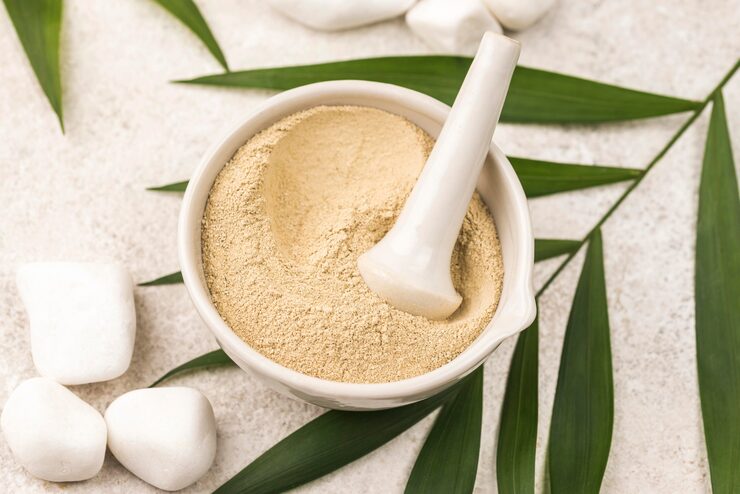There are many herbal remedies that offer similar benefits, but it isn’t always clear whether it’s safe to take them together. This article looks specifically at whether it’s safe to use ashwagandha and ginseng at the same time.
Part of the confusion comes from their names. Ashwagandha is sometimes called “Indian ginseng,” but it’s not related to true ginseng. The most commonly used ginseng is Panax ginseng, often called Korean ginseng. Another common type is American ginseng, which tends to be less stimulating than the Korean variety.

Several plants include “ginseng” in their names—like ashwagandha (Indian ginseng) and Siberian ginseng—but they don’t share the same properties as Panax species. That’s why Panax ginseng is often called “true ginseng.”
Both ashwagandha and ginseng are considered adaptogens, meaning they can help the body handle stress and reduce anxiety by calming certain body systems. Ashwagandha tends to be more soothing, while ginseng is usually used for its energizing effects.
There isn’t much research on how these two herbs interact, but so far there’s no evidence that taking ashwagandha and ginseng together is unsafe. One animal study that gave both herbs to rats for 90 days found no signs of toxicity.
Some supplements combine ginseng and ashwagandha, but you should be cautious—especially about mixing them with prescription drugs. Ashwagandha is generally safe with other medications, but ginseng is known to interact with many drugs, and some of those interactions can be serious.
Siberian ginseng (Eleuthero) is an adaptogen but not a true ginseng, since it’s chemically different from American and Korean ginseng. It may support immunity and has some antimicrobial and antiviral effects. No studies suggest it’s unsafe to take Siberian ginseng with ashwagandha, but stick to recommended doses and talk to a healthcare professional if you’re unsure.
American ginseng (Panax quinquefolius) is similar to Korean ginseng but usually less stimulating. It should be safe to take with ashwagandha, like Korean ginseng, but follow dosing guidelines and be cautious about combining it with other medicines because of possible interactions.
Different ginseng types offer different benefits, but here we focus on Korean ginseng combined with ashwagandha. Some benefits of Korean ginseng include:
Likewise, ashwagandha offers many benefits, the main ones being:
Because both herbs have valuable effects on their own, using them together might be a powerful way to support overall health. Still, consult your healthcare provider if you have concerns about mixing them with other medications.
Related articles:
– Magnesium and Ashwagandha: Benefits, Side Effects & More
– Can you take Ashwagandha and St. John’s Wort together?
– Can I take Ashwagandha and 5-HTP together?
– Can you take maca root and ashwagandha together?